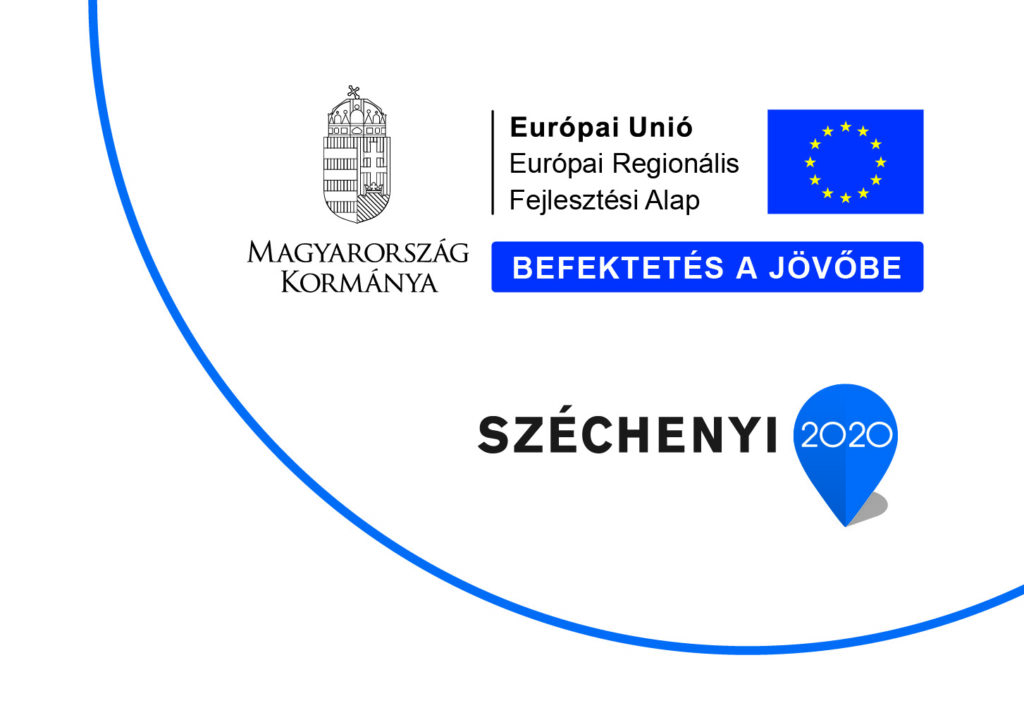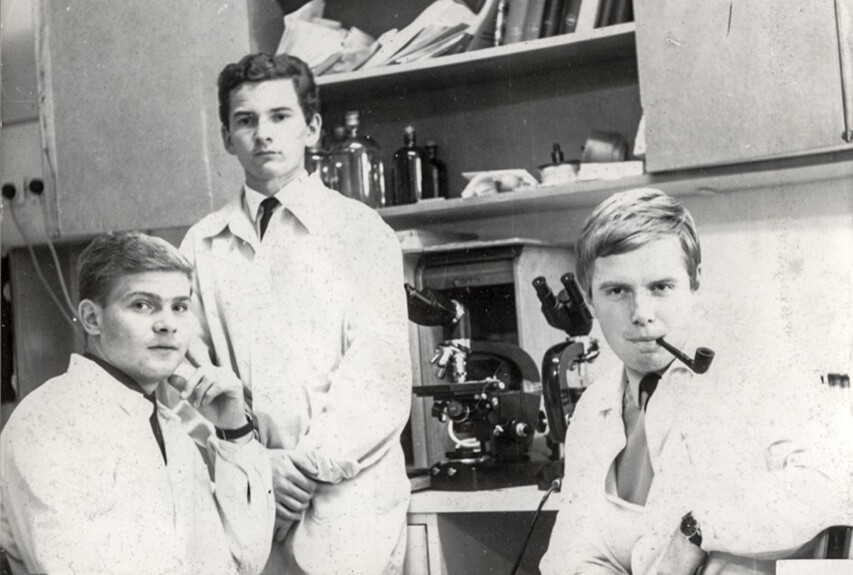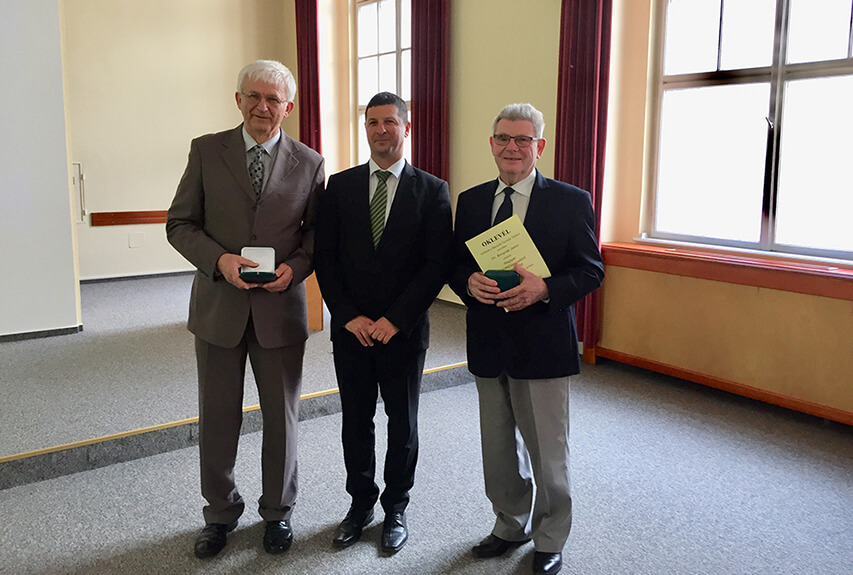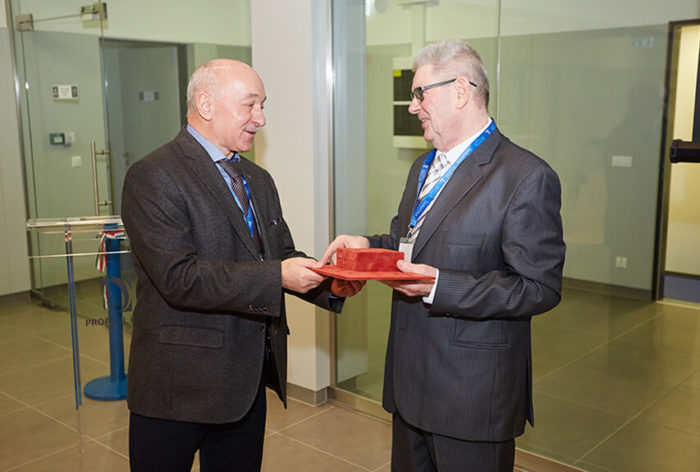This website uses cookies so that we can provide you with the best user experience possible. Cookie information is stored in your browser and performs functions such as recognising you when you return to our website and helping our team to understand which sections of the website you find most interesting and useful.
Privacy Overview
Strictly Necessary Cookies
Strictly Necessary Cookie should be enabled at all times so that we can save your preferences for cookie settings.
If you disable this cookie, we will not be able to save your preferences. This means that every time you visit this website you will need to enable or disable cookies again.
Funkcionális sütik
Ez a webhely a Google Analytics-et használja anonim információk gyűjtésére, mint például az oldal látogatóinak száma és a legnépszerűbb oldalak.
A cookie engedélyezése lehetővé teszi, hogy javítsuk honlapunkat.
Please enable Strictly Necessary Cookies first so that we can save your preferences!
Süti szabályzat
További információ itt: Süti szabályzat








